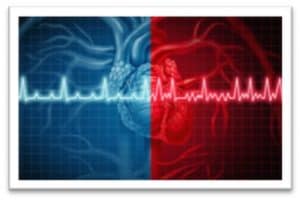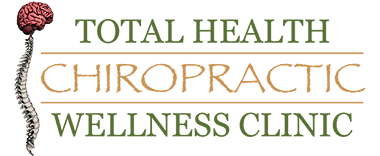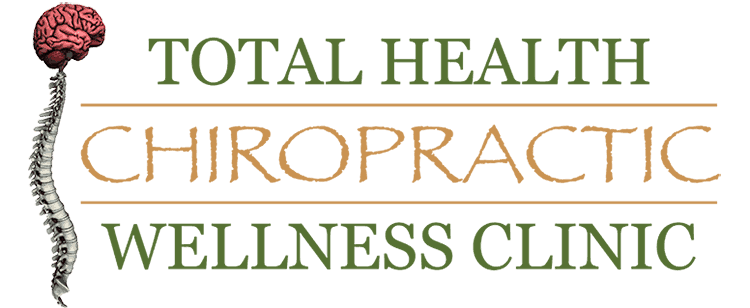The medical community defines heart arrhythmia as a potentially life-threatening irregular heart beat or rhythm. Heart rhythm problems (arrhythmias) occur when a malfunction exists in the electrical impulses within the heart which coordinate how a person’s heart beats. The condition results in the heart beating too fast, too slow, or irregularly. Atrial fibrillation represents the most common type of heart arrhythmia.
Most people experience occasional, brief, and usually harmless arrhythmias such as a skipped, fluttering, or racing heartbeat. Although those moments may feel scary, most people who experience them have nothing wrong with their heart and need no treatment. Atrial fibrillation (AF) is a serious condition and is the most common type of arrhythmia. AF affects almost seven million people in Europe and the USA. These symptoms include shortness of breath, fainting, and even an unexpected loss of heart function, breathing, and consciousness. Proactive health always begins with education and proper attentiveness to details and warning signs.
Research released in 2018 shows that people who exhibited increased amounts of wear and tear in the neck also experienced higher rates of heart arrhythmias. The study showed that people demonstrating even small amounts of cervical wear and tear were up to 3.1 times more likely to suffer from heart arrhythmias. The same study determined that people who went through a neck rehabilitation program or underwent surgical decompression experienced lower rates of heart arrhythmias. Nerves located in and around the neck, linked directly to the parts of the heart which influence cardiac electricity, provide an explanation for why neck problems directly associate with heart arrhythmias.
Health personnel treat arrhythmias by implanting a small device near the collarbone which shocks a patient’s electrical signal back into action when it drops below a certain threshold. People recognize these devices as being called pacemakers. Anti-arrhythmia medications or blood thinners also treat the condition. Some cases even involve coronary bypass surgery. Some of these solutions and procedures become necessary in an emergency situation. Evidence-based research proves that a more natural and less evasive solution exists for those suffering from arrhythmia. Chiropractic care provides a minimally-invasive approach to help heart arrhythmia patients get drugless care to help address the cause. Research will continue to reveal the benefits associated with taking care of the spine and nervous system with regard to how Chiropractic care beneficially influences the nervous system and vital organs of the body.
4 Non-Pharmaceutical Ways to Help Improve Heart Arrhythmias and Blood Pressure Problems
- Regular Chiropractic Care – Chiropractic adjustments improve neck movement and alignment. Improved alignment and better neck mobility links to improving heart arrhythmias.
- Fit While You Sit – Maintain appropriate work station space that supports good spinal alignment, movement, and function. Further, do not sit for extended periods of time. A 20 second break every 20 minutes is recommended. Further, consider a standing work station, rather than a chair.
- Better Sleep – Experiencing adequate sleep (7 to 8 hours) has been linked to improving cases of heart arrhythmias. Black out any light and lower the room temperature to 68 degrees Fahrenheit to promote better sleep quality.
- Neck Pillow – Neck pillows support a proper curve in the neck. 30% of life is spent sleeping and proper neck curvature improves with the use of a good pillow.
References:
*Live Well with Atrial Fibrillation. 2018 publication by the Irish Heart Foundation.

